Most books about British traitors feature those who spied for Russia before and during the Cold War, making it easy to forget that we also spawned a few who worked for the Germans in the second world war. This book concerns four of them: John Amery, wastrel son of a Conservative cabinet minister; William Joyce, the Irish-American Nazi propagandist better known as Lord Haw-Haw; Harold Cole, soldier and petty criminal who sent 150 or more Resistance members to their deaths; and Eric Pleasants, a circus strong-man who disavowed national loyalties while donning German uniform.
Their motives were mixed but, treachery apart, they had one thing in common: an insistence on their own rightness and thus their entitlement to whatever they wanted at the expense of all others. ‘Sorry, old man, it’s just the luck of the war, you know,’ Cole said to a Frenchman as he betrayed him to torture and death.
Cole was an unprincipled, naturally treacherous and criminal self-seeker who betrayed anyone and anything whenever it suited him. Amery and Joyce were ideological enthusiasts for fascism which, Josh Ireland reminds us, was widely popular in sections of British society during the 1920s and 1930s. Although always a minority sport, Oswald Moseley’s Blackshirts had their own automobile club, holiday camps, weddings and even their own brand of cigarettes. Moseley, a former Labour minister and an accomplished orator, drew thousands to his meetings, preaching a populist socialist message in which he railed against housing conditions and called for ‘the conscious control and direction of human resources for human needs’. If that sounds familiar, it’s also worth noting that many on the Left were initially attracted by his call for action against weak and complacent governments allegedly in hock to the wealthy few.
Anti-Semitism was always part of the fascist package but in no one was it more virulent than in Joyce, a natural hater whose passions and contradictions are adeptly charted by Ireland. Amery was perhaps less ideological, his love affair with fascism arguably an extension of his rebellious, feckless and squalid youth. Seeing the rest of the world as sheep and himself as a heroic lone wolf, he took to drink and drugs, masochism and male prostitution, carried a gun and a teddy bear and had accumulated 74 motoring offences by the age of 24. Like Joyce, he regarded Britain as terminally decadent and felt justified in taking arms (by propagandising from Germany) against a nation that had failed to live up to what it should have been. He ended up in Germany attempting to recruit British prisoners of war to fight for the Germans, with negligible success.
Eric Pleasant, son of a Norfolk gamekeeper, was a weight-lifter and wrestler who had almost nothing in common with his fellow traitors. He didn’t drink, kept himself fit, felt no patriotic allegiance, was neither anti-Jewish nor anti-Bolshevist, indeed was virtually a pacifist — he joined the Peace Pledge Union, supporting appeasement. Nowadays he might have described himself as a citizen of the world. His creed was himself — that is, his right not to fight for or against anyone but to do as he pleased (which later included shooting dead a thief and beating a fellow prisoner to death). In Jersey when the Germans invaded, he forsook pacifism, joined the underground opposition and was caught and imprisoned in Germany. There he volunteered to join the British Free Corps, a doomed Nazi attempt to form a British SS unit (it mustered only 27). He later wrote that he joined to escape camp life and he certainly made the most of his freedoms until caught by the Russians postwar and sent to the gulag. Eventually deported to Britain, he was judged to have suffered enough and was allowed to return to Norfolk, where he lived a quiet life teaching judo and physical education.
The others met earlier ends, Amery and Joyce in appointments with Albert Pierrepoint, the hangman, and Cole in a gunfight with French police, a swifter end than he deserved. Ireland’s account of these men, at first slightly confusing because of his use of the buttonholing present tense and his often unexplained access to their thoughts, feelings and gestures, improves as the book goes on. He comments intelligently on their motives and describes enough of their worlds and views to give us essential context. He wisely doesn’t speculate about what would happen in equivalent circumstances now, but tells us enough to make it hard not to.
Got something to add? Join the discussion and comment below.
Get 10 issues for just $10
Subscribe to The Spectator Australia today for the next 10 magazine issues, plus full online access, for just $10.
You might disagree with half of it, but you’ll enjoy reading all of it. Try your first month for free, then just $2 a week for the remainder of your first year.

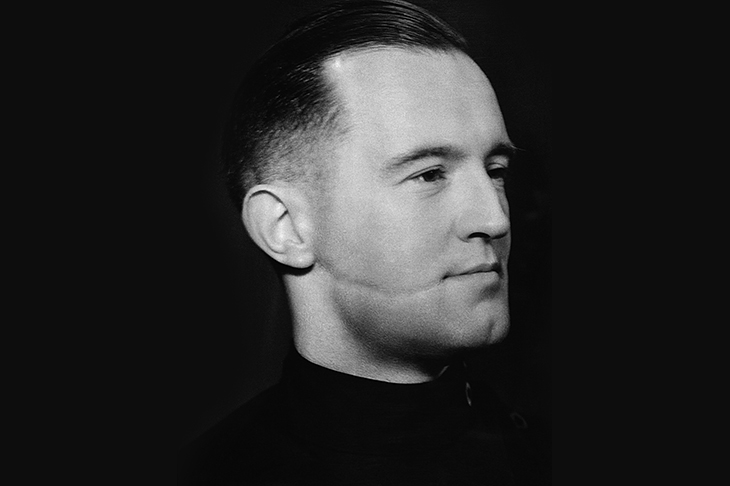
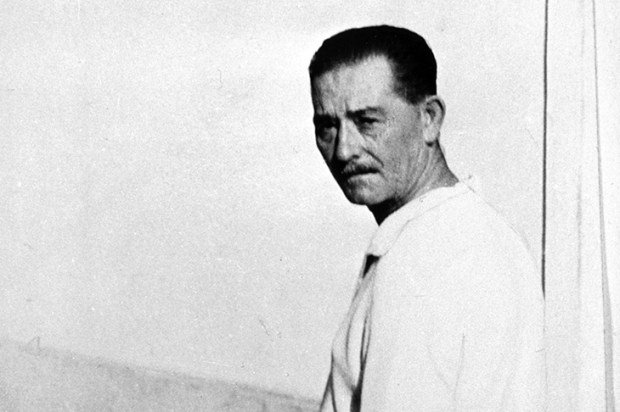
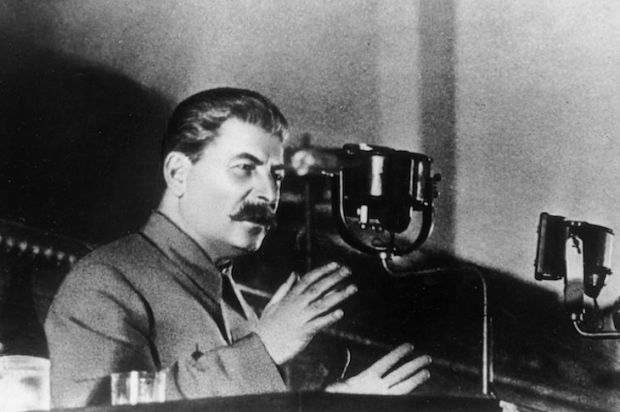
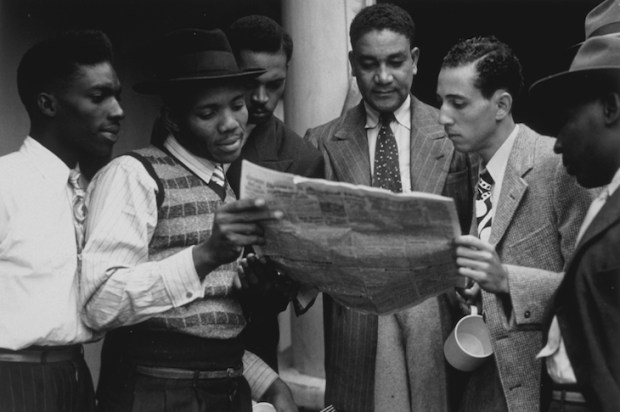
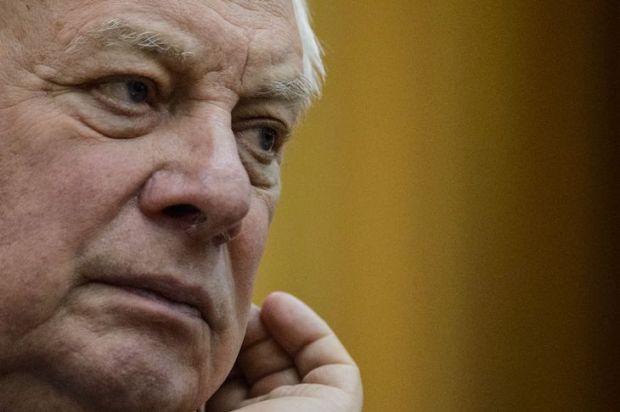

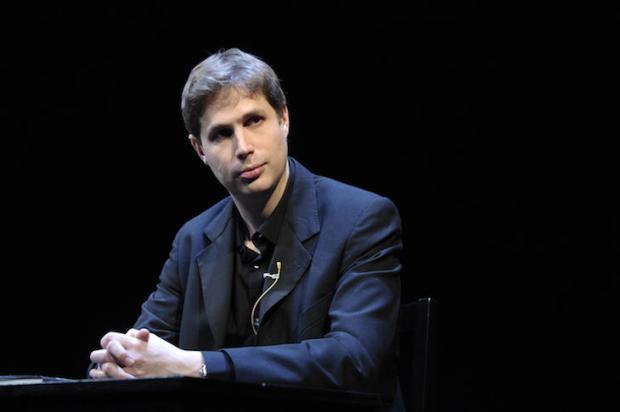






Comments
Don't miss out
Join the conversation with other Spectator Australia readers. Subscribe to leave a comment.
SUBSCRIBEAlready a subscriber? Log in